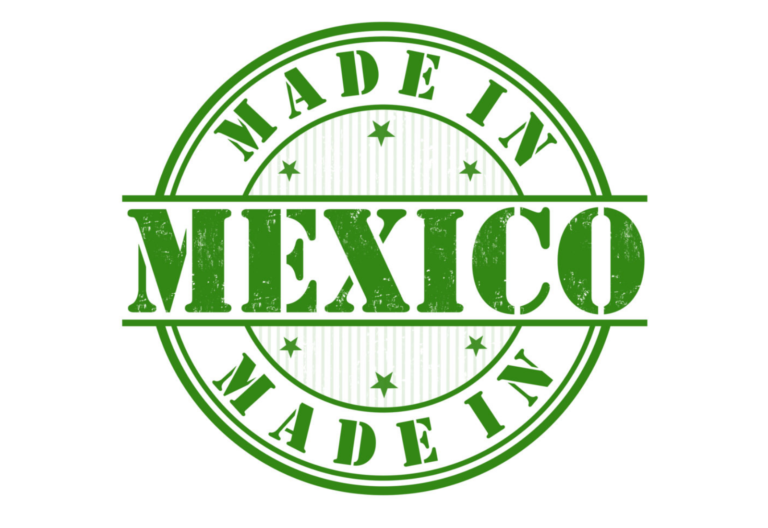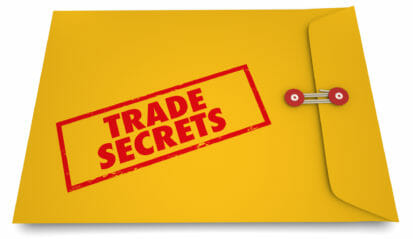
Does My International Company Need to Register in the U.S.?
When and how to register a foreign company in the US In the prior post in this series, we discussed U.S. banking requirements for international companies. This post focuses on when a foreign company should or must register as doing business in a U.S. state, either by registering their foreign company directly in that state


















